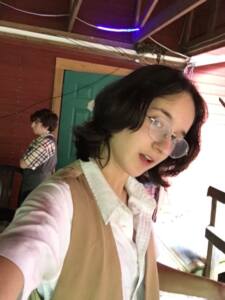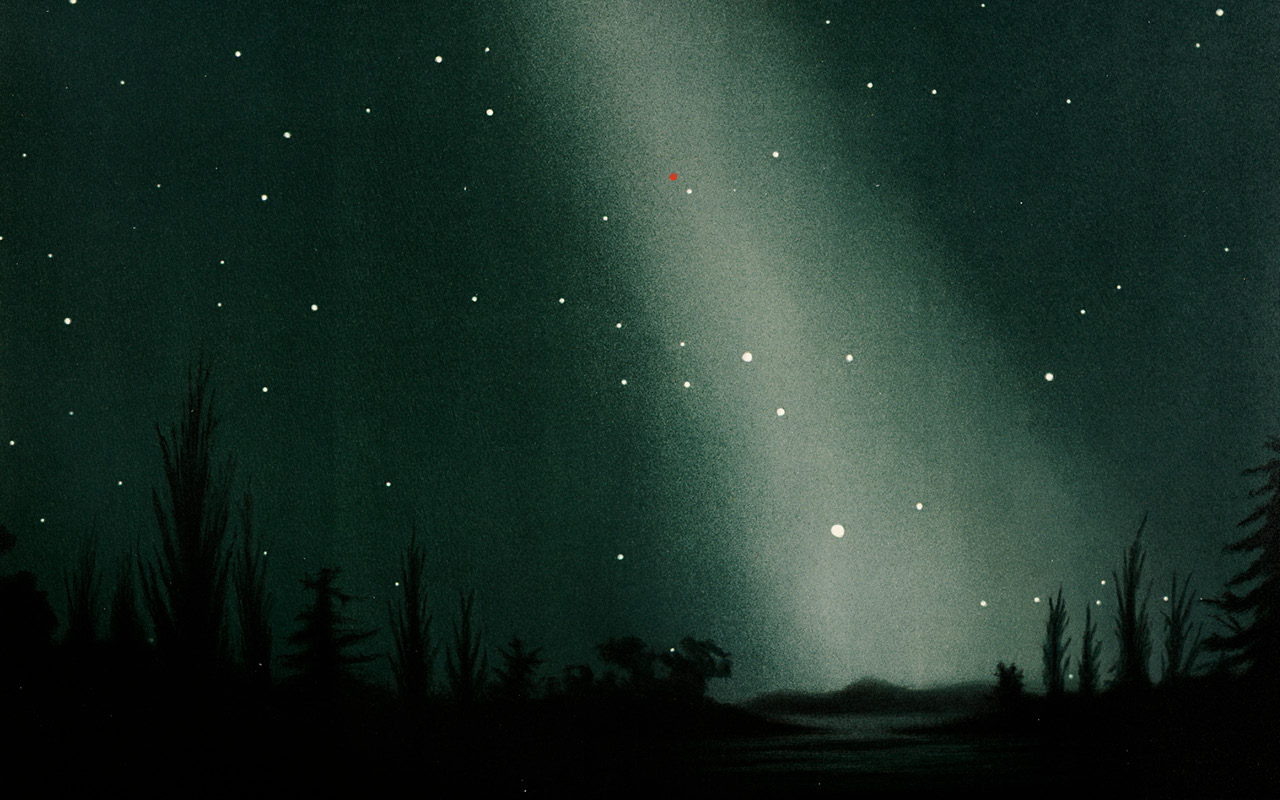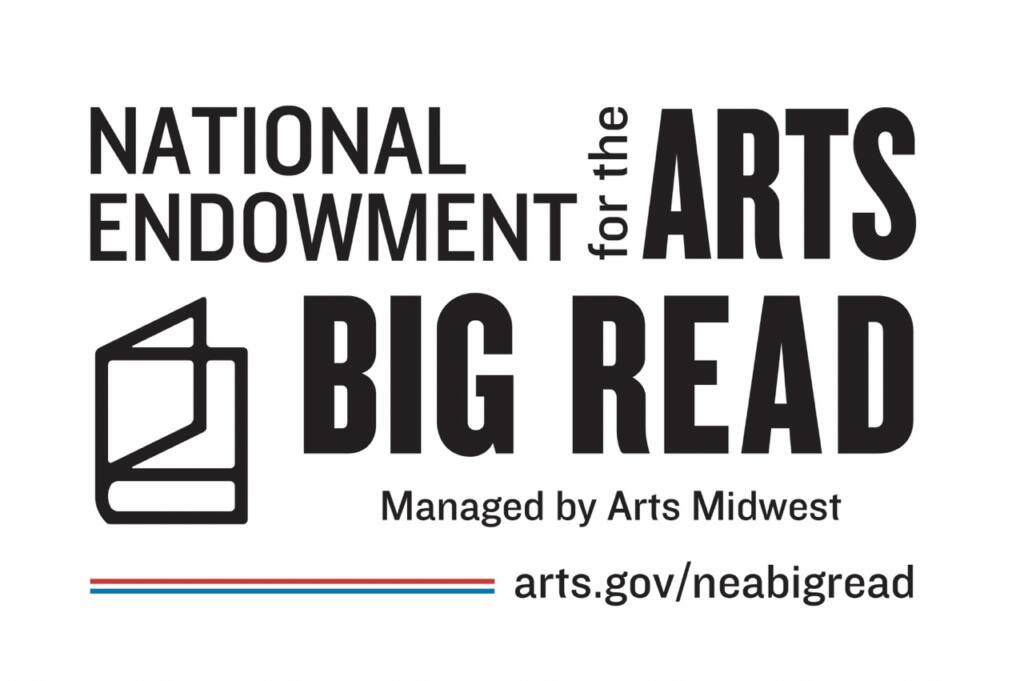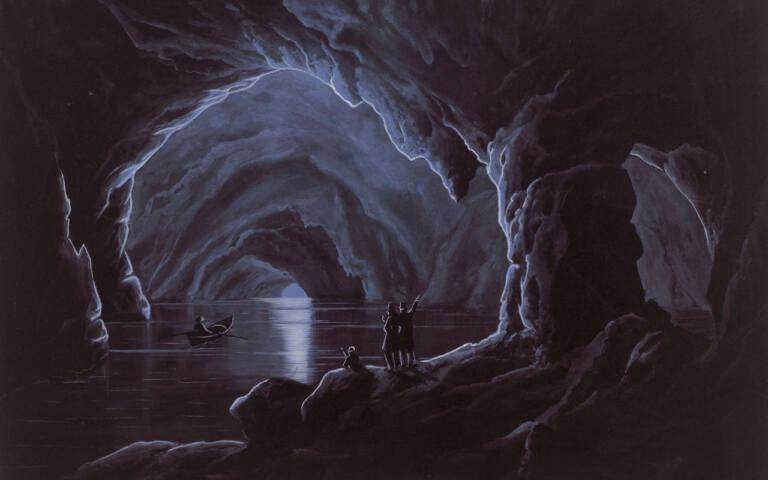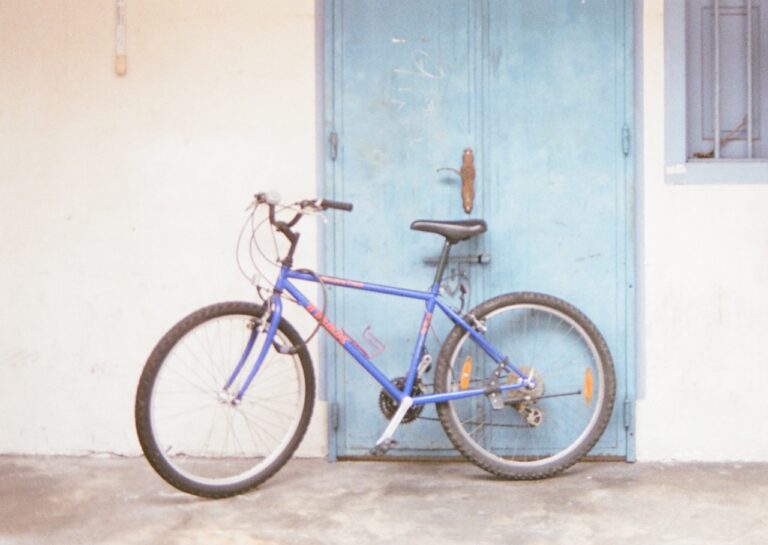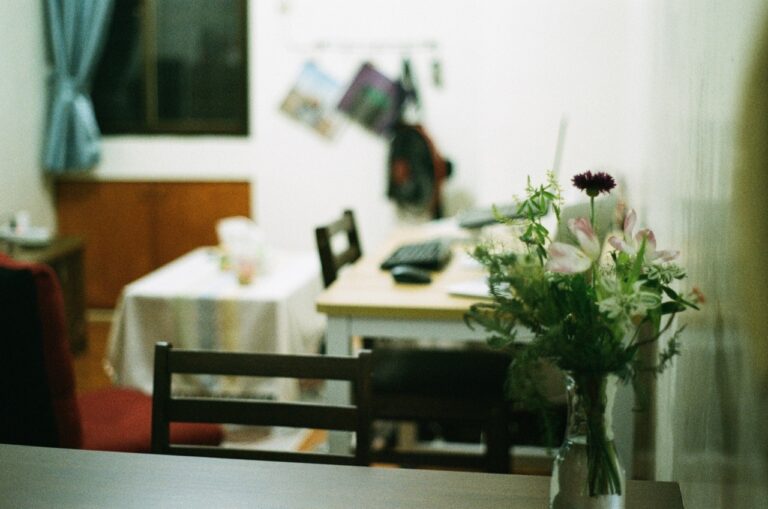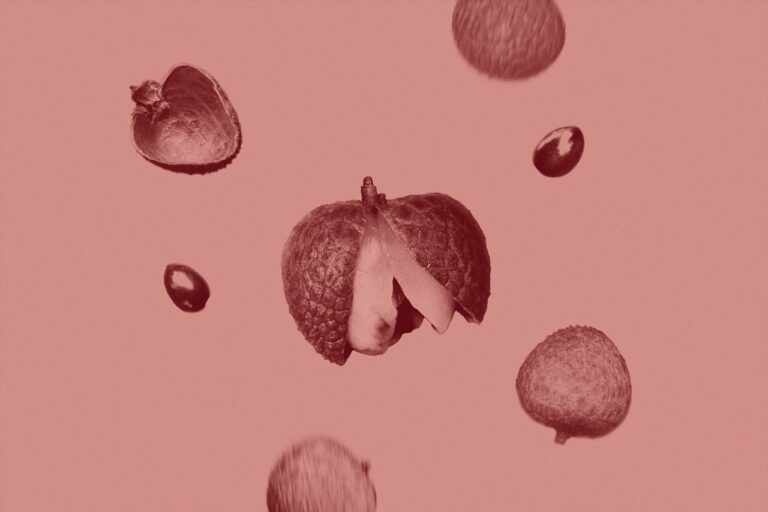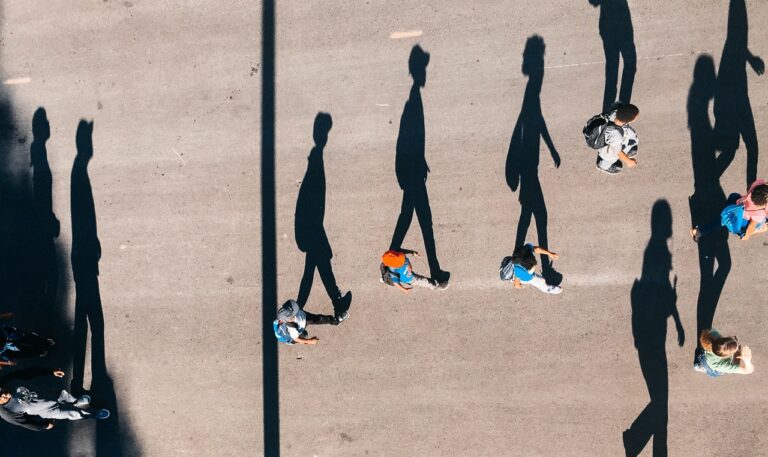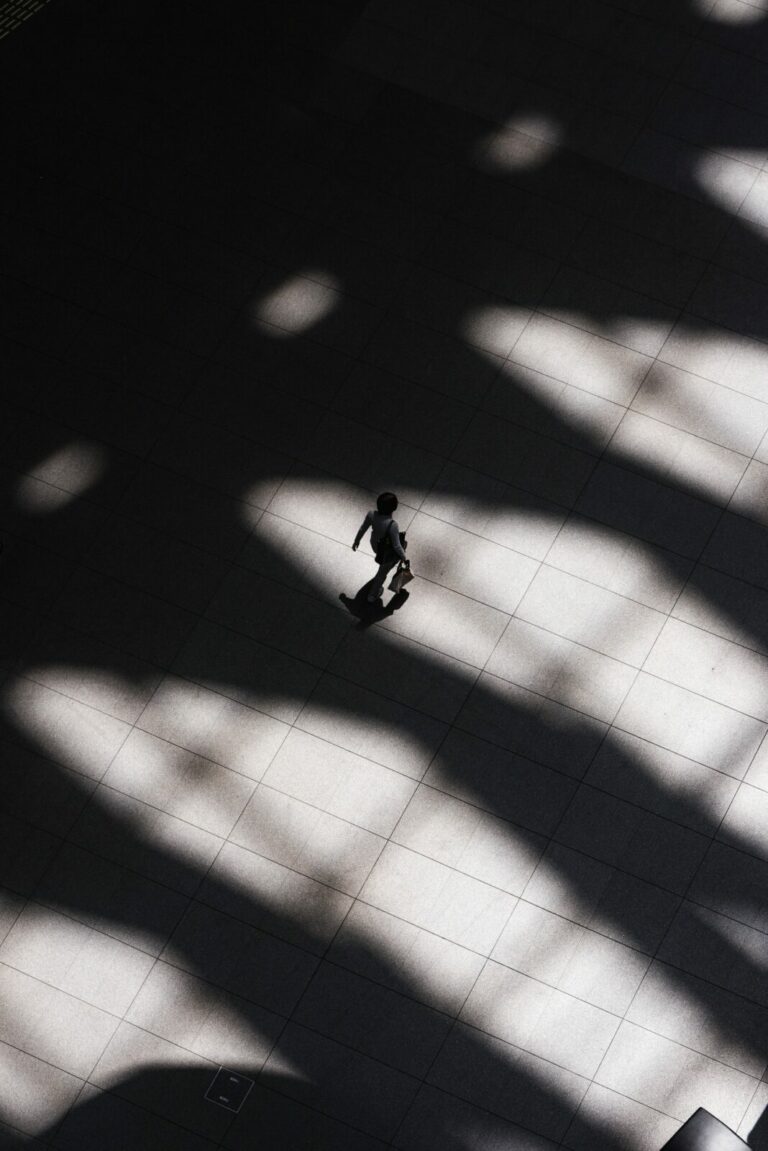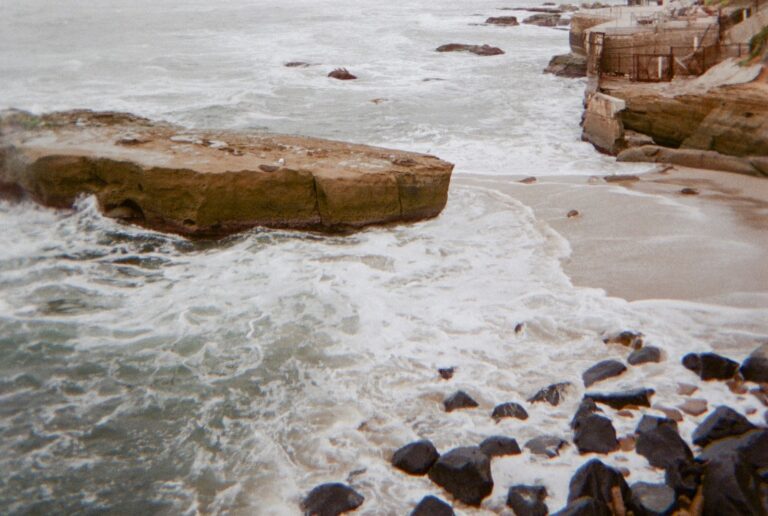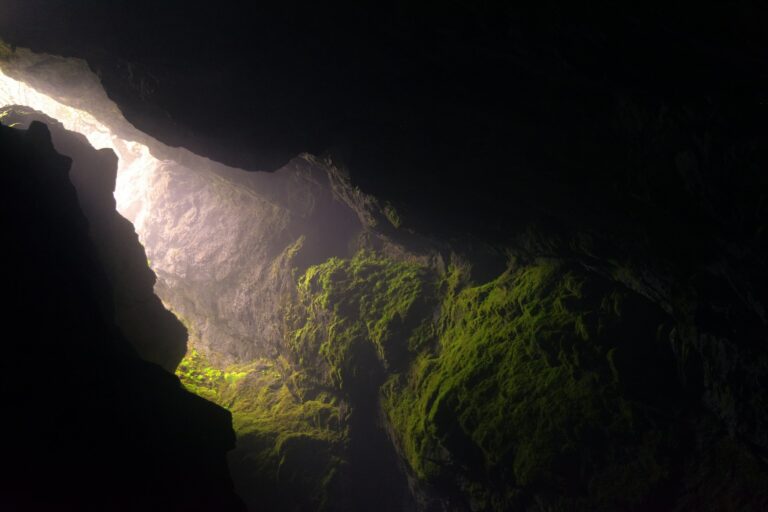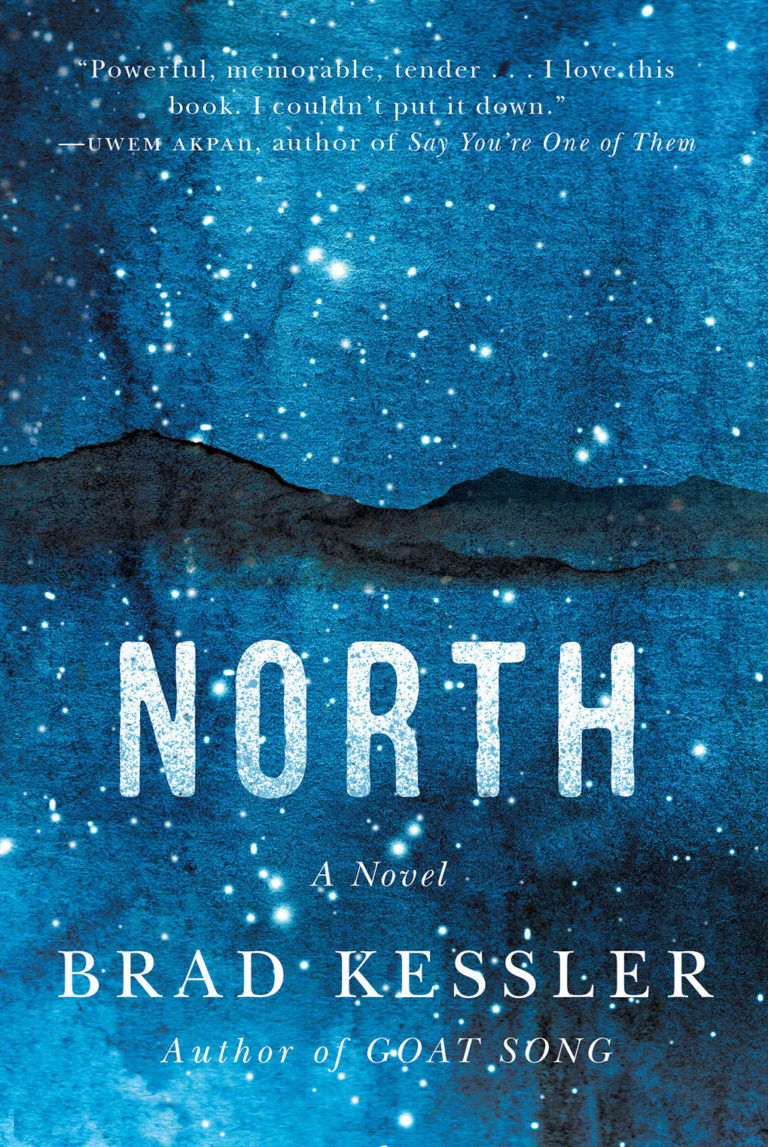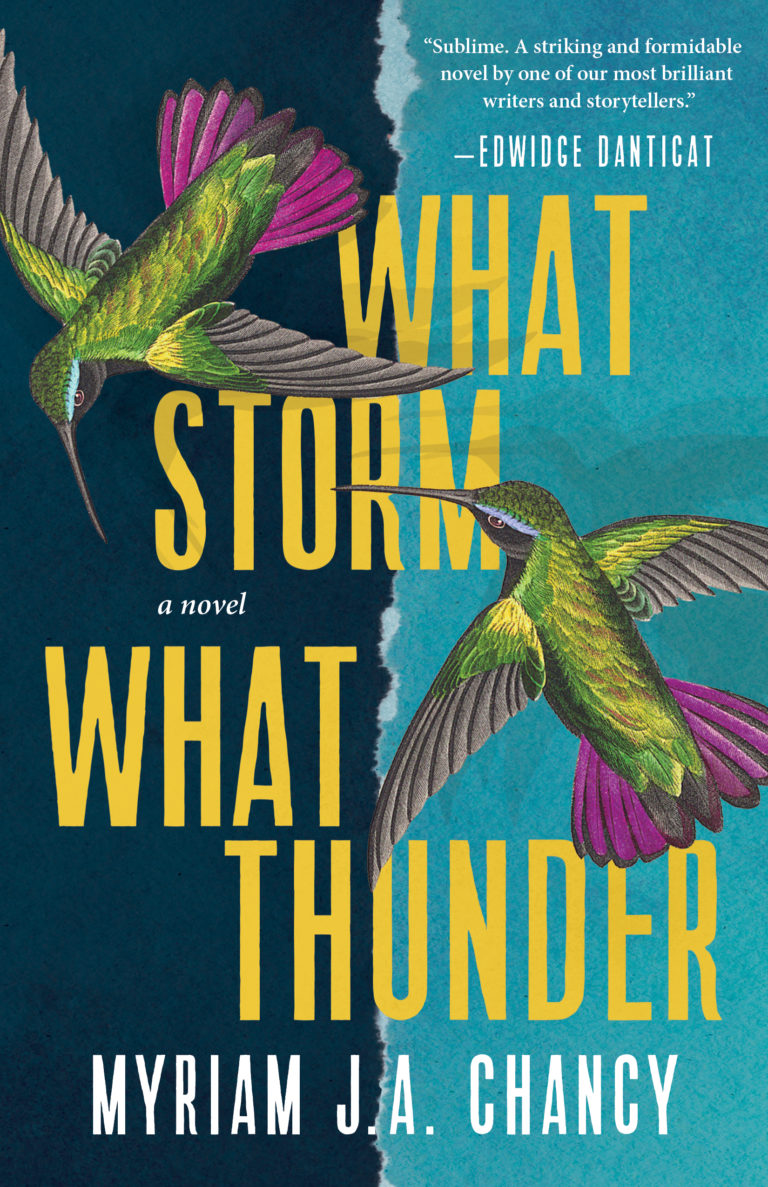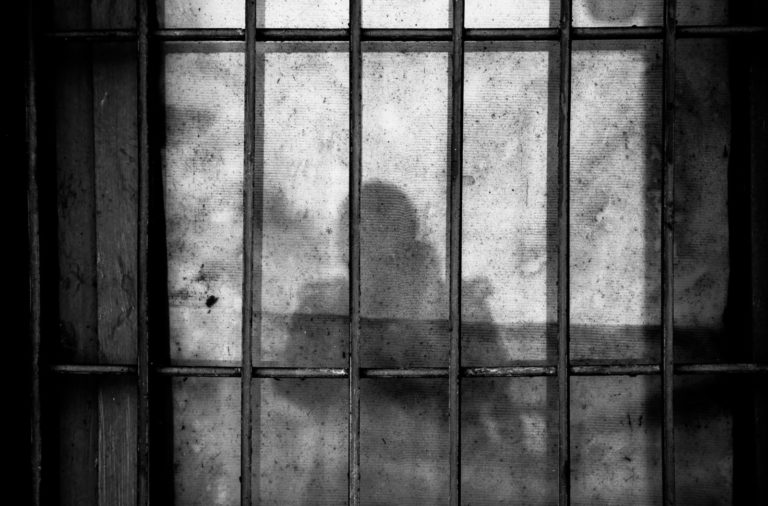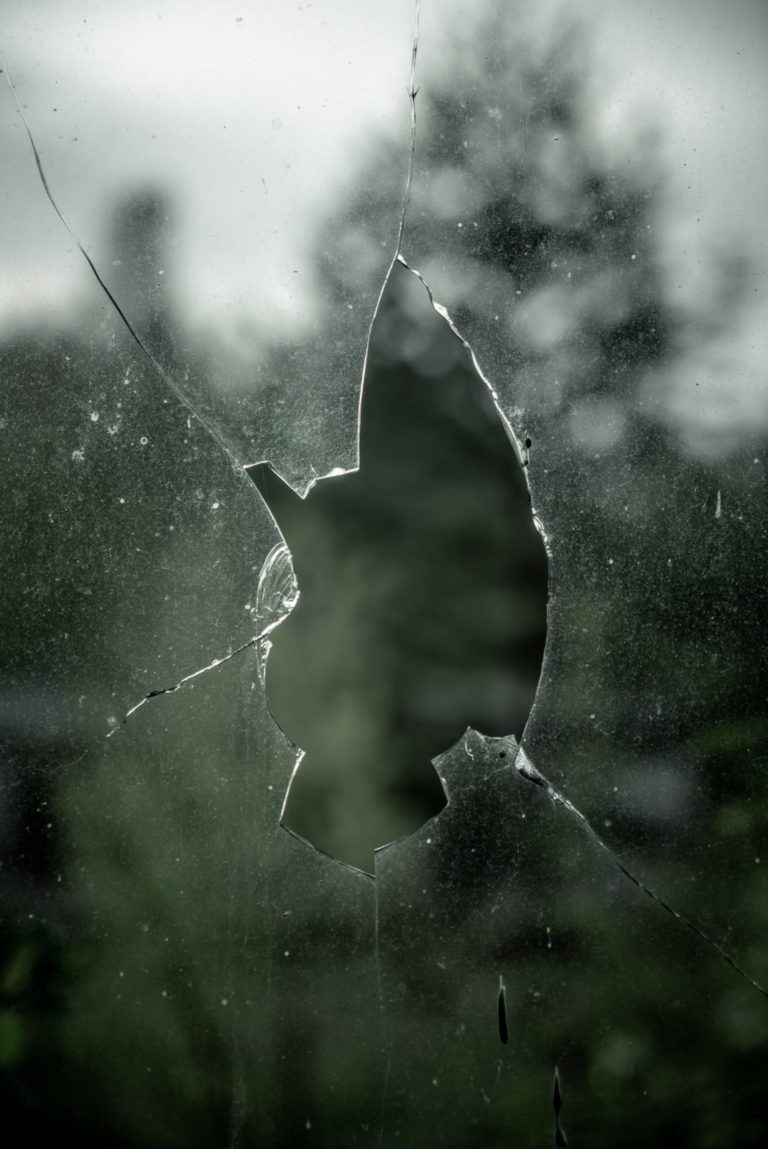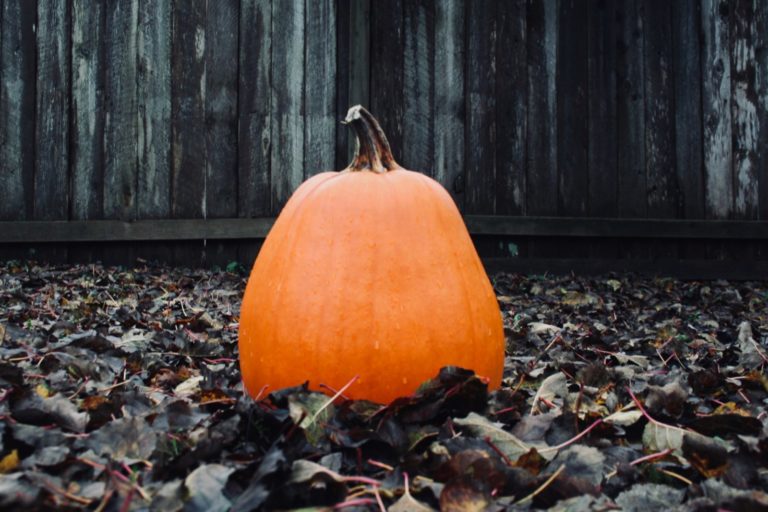The first-place winner of our Summer 2024 National Teen Storyteller Contest. We invited young writers to share a story that Reimagines Classic Myths. This contest is part of our 2024 NEA Big Read initiative, made possible through a grant from the National Endowment for the Arts, in celebration of Madeline Millers's Circe.
Your earliest memory is your mother showing you the stars. She held you in her arms and pointed out constellations: the vain queen Cassiopeia, the nymph turned bear Callisto, the hunter Orion. This is one of the few memories you still have of your mother where she isn’t crying; she always seemed to be in mourning, especially when she looked at you. As you grew and she stopped holding you, when people pulled you away when you reached out to her, you’d repeat the constellations to yourself: Cassiopeia, Callisto, Orion.
When you were smaller, you had a sister. She never saw what you saw in the stars, but she’d listen when you told her stories of the gods’ love and wrath, their lust for mortals who captivated them and their revenge against those who insulted them. She liked the stories of heroism the best, of noble, brave heroes slaying monsters and winning love. You dreamed of swords and monsters’ blood.
When you were smaller, you had a sister. She never saw what other people saw in you. She tied flowers to your horns and told you that you would be a great hero someday. But still, she didn’t protest when you were taken away from her. No one did. Your mother cried, as she always did, and your father (you still think of him that way? He isn’t, you know, he never was) simply looked at you, indifferent. By that time, you were so large it would have taken five grown men to force you underground, but you went passively. You still didn’t understand.
You didn’t understand it for a long time. At first, you simply stood where they left you, surrounded by cold stone walls. After the first few days, when hunger and loneliness started to claw at you, you called for your mother, for your sister, for your father. (He did this to you, why do you still cry for him?) You clawed against the walls, wandered the passages, desperately searching for the exit. When your voice gave out and your hands started to bleed, you prayed to the gods, to every god you could think of.
There was no answer.
You had been there for what could have been months or years when you first heard footsteps coming down a passage towards you. You were weak from hunger, nearly insane with it. The relief, the joy you felt was crushing. They had finally come for you. You could go home.
By the time you snap out of it, the man’s knife is inches away from your skull. You don’t want to fight, you try to tell him, but your words come out half-formed and guttural. You don’t want to hurt him, but he is so angry.
And you are so incredibly…
Hungry.
In the following weeks, you find others. Some attack you; some simply cower. You try to keep them alive, to make them understand, but you are so, so hungry. By then, you are taller than any living man and twice as strong. They never stood a chance.
The sacrifices (yes, that’s what they are, they must be) become routine, fourteen every nine years. You don’t need to eat as much as a human does, luckily for you. (Even if fourteen people every nine years was enough to satiate you, meat goes bad eventually.) After a few groups, you stop trying to reason with them, your human tendencies lost in the maze years ago, no matter your attempts to cling to them. You repeated words to yourself, told yourself stories until they lost their meaning—Cassiopeia, Callisto, Orion.
You thought that you were cursed, a target of godly wrath. You prayed, you begged, you pleaded with the sky but there was never any answer, never any redemption, no beam of light or divine hand ever came to make you human. Now, wandering the maze your father built to contain you (he did this to you, when will you stop hungering for his love?) you think of your mother’s tears and your father’s (stop) disdain, and you realize that you were never cursed. You were the curse, the punishment, the blight on your innocent family. Your entire existence is a punishment from some remote god for a crime that happened before you were born.
But maybe if you can be good enough, if you can redeem yourself, if you can show them you don’t want to hurt them, maybe they’ll love you.
The maze is a test. It must be. If you could just find your way out, you could earn their love, you know it.
You can’t remember the names of the stars. You can’t remember your own.
He comes when the entire maze has begun to smell of rot, looking like a hero out of one of the stories your sister loved so much all tanned skin and self-assurance. He comes alone, no sign of the other tributes. He is beautiful and terrible, a storybook illustration come to life, sword in hand.
All that is missing is the monster’s blood.
If the gods have cast you as the monster in this story, so be it. You charge at each other.
He is perfectly suited to his role. The swings of his sword are deft and purposeful, green eyes glittering with righteous anger.
The fight blurs into a bloody, sweaty haze, and you lose yourself to it until you have your hands around his throat, his sword fallen somewhere off to the side. His eyes go wide, and he claws at your arms, and with his last gasp of air, he yells your name.
Asterion. My little star. They’ll take you away from me, I know they will, she whispered into your hair. I’m sorry, I’m so sorry.
You remember arms around you and a sky full of stars.
You hesitate for a split second, hands loosening. His sword plunges into your stomach.
Ariadne must have told him. You can see her behind him, dark hair flowing, a perfect damsel to his hero. She mouths something that could be monster, or brother.
NEA Big Read is a program of the National Endowment for the Arts in partnership with Arts Midwest.
